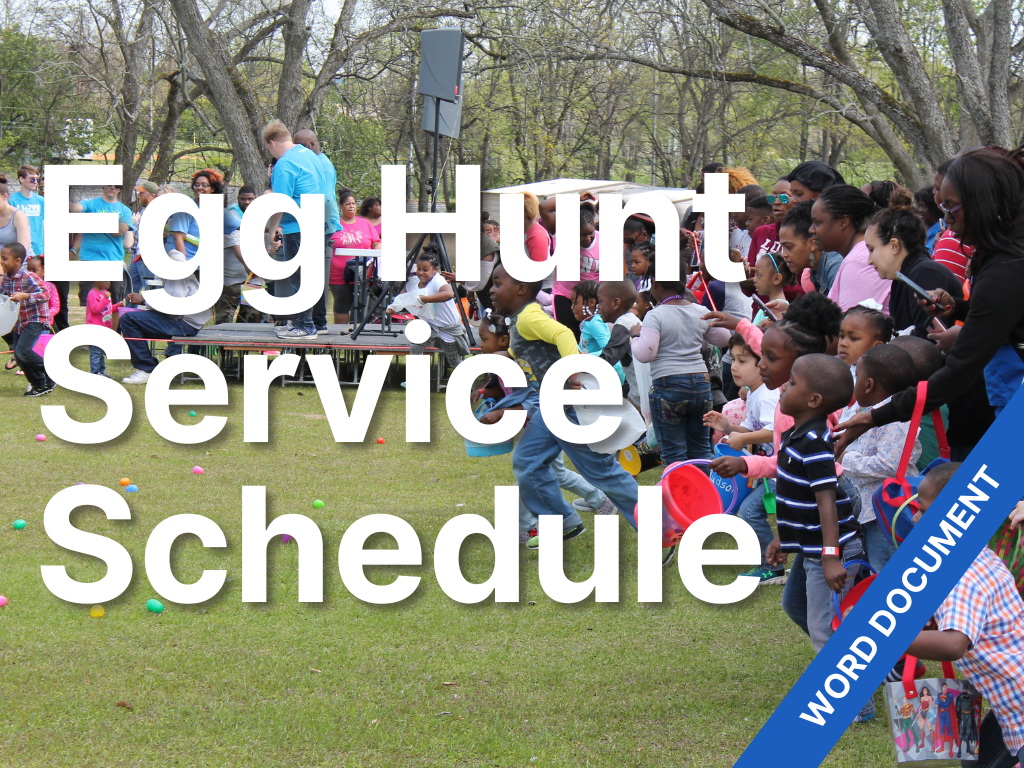Stretch and Release: Finding a Sustainable Pace in Ministry
Image from Prevention.com
Christmas is a trying season. It feels like the end of things, but at the same time, it can be one of the busiest seasons of the year. You feel like Luisa from Encanto. You’re about to pop!
I’ve seen it multiple times in Facebook Groups. Hard-working dedicated kids’ pastors are ready to tap out. They have so much work to do and are exhausted. Their only solution for relief is to quit.
I’ve been there. It’s tough and you’re tempted to look over the fence to see if the grass really is greener over there. It’s Christmas at the writing of this post, but a pastor can feel like this any time throughout the year. Easter, Summer, Fall, it doesn’t matter. Ministry can feel like it will never let up. That’s why a few years ago I wrote that ministry is a marathon. We can’t sprint from one event to the next. We have to go slow and pace ourselves.
Stretch and Release
A few years back, my pastor introduced me to this idea called “stretch and release.” The philosophy is that if you take a rubber band and stretch it to it’s breaking point, it will eventually fail. However, if you take that same rubber band and stretch it to its breaking point and then release, the band will last much longer.
We need to do the same in our lives and in ministry. But if you’re feeling overwhelmed and burned out right now and can’t imagine getting through Big Christmas, the volunteer appreciation party, Christmas Eve, the New Years lock-in, 21 Days of Prayer, and all of your family obligations, it can be hard to see the light at the end of the tunnel.
Let me help you.
While I don’t know your story and what’s going on in your life, I’ve had my fair share of struggle. Here are 5 things you can do to find relief.
1. Identify times in your calendar to stretch and release
Sit down with your calendar and look at all the events for your ministry and your church. Some churches have something planned every month and others every week. Hopefully that doesn’t mean you’re in charge of every little thing. That’s not sustainable. Moses tried to do it in Exodus 18 and needed his Father-in-law to give him wise advice. But that’s another post.
As you look at your calendar, find times when you can relax. When can you go on vacation? When can you work on your ministry and not just in your ministry?
At the churches I’ve served, January through the first of March was more relaxed. I still had events like my parent meetings and 21 Days of Prayer, but those were low stakes. I found time to come in late or leave early. Before my son started school, I’d take a vacation the week after New Year’s. (That’s the best time to go to Disney, by the way.)
Sometime in March, things would ramp up for Easter and not slow down again until late July or August because of VBS, Camp, and Promotion Weekend. Then between August and October, I’d relax again. This is where I’d plan my budget, calendar, and even come up with fun events like my Ice Cream Challenge. About Mid-October, things will pick up again preparing for the Holidays.
This rhythm isn’t perfect and may not work for you. My point is, look at your calendar and find some weeks or even a month where the most important thing you have to do is Sunday service. You’ll come into the busy seasons so much more refreshed and ready.
2. Find a light at the end of the tunnel
In Frank Bealer’s book, The Myth of Balance, he talks about his time leading as the NextGen pastor at Elevation Church. They were always busy, but whenever they had a really busy season, they’d plan a family event at the end. It gave them a light at the end of the tunnel.
When his kids were upset that he had to be out late again, he’d point to that event and remind them that it’s coming. Work/life balance is a myth. It’s more of a tug of war. As you live out our rhythm of stretch and release, you need to put something you really want to do that’s not work related at the end. Then when you feel exhausted and can’t go on, you can look to that event for hope.
It’s a little psych trick that works when doing anything hard. Give it a shot and see how you feel. Yes, Christmas is crazy, but what about that week between Christmas and New Years? Do you buckle down more, or do you relax, eat way too much cheese, and forget what day it is? I strongly suggest you do the latter. You’ll be glad you did.
3. Talk to your pastor about lightening the load
When I hit my second burnout, I had to eat humble pie and go talk to my pastor. In tears, I told him what was going on and that I needed some time. It was Holy Monday. That’s not a great time to ask for immediate time off with Easter in less than a week.
Thankfully, I had a great pastor who worked with me that week and ultimately helped me lighten my load. He gave me time off, and when I came back, allowed me to delegate some of my tasks to the support staff.
It may be hard to have this kind of conversation with your pastor. You may even feel like they’ll fire you on the spot. But I think your leader and your pastor would appreciate knowing where you are now when they can do something about it, than you come in with a box announcing your immediate resignation.
It’s ok to ask for help. You’re not superman/woman. So don’t try to be. Trust your leaders have your best interest at heart and tell them where you are.
4. Hold on; don’t quit, yet
If you’ve ever exercised regularly, you know that there are many times in the middle of a set where you want to quit. But once that feeling starts that’s where the true gains begin. Someone once asked Muhammed Alli how many sit-ups he does. He said he didn’t know because he didn’t start counting until it hurt.
Unlike a rubber band, we can stretch ourselves to take on more, to be stronger, to go longer. You may feel like you want to quit now, but if you get through and the next trial comes, you may find you’re able to handle the stress much better.
Sometimes God puts us in trying times so we can be prepared for the next season. Jesus did it when he sent out the disciples to spread the good news. They didn’t do great, but when they went out again in Acts 2, they were ready and far more successful.
Maybe you’re in is a stretching season to prepare you for what’s next. If you quit now, you may miss out on what God has for you.
If you do feel like you want to quit, this post can help.
5. If it never slows down, then this isn’t a season. This is your life.
Carey Nieuwhof recently posted on Instagram:
“You can tell yourself it’s a busy season, but if your busy season has no end, it’s not a season - it’s your life. ”
I can’t agree more. If you’re always looking for the slow-down but can’t name the date that the slowdown is coming, then you’re just living your life and lying to yourself and everyone around you.
You need to decide if this is the life you want to live or if you want to change it. No matter where you work, your job will take as much time as you’re willing to give it. It’s up to you to set up boundaries and say this far and no more.
I learned this the hard way after my first burnout. I was working 100 hours a week with no end in sight. I’d work until 11pm and sometimes 2am and then get up at 6:30 and do it all over again. I was exhausted and sick and wasn’t sure what to do.
After hitting my breaking point, I learned the importance of taking a sabbath and set boundaries in my life. At 5pm, I’m done for the day. No more work. The computer gets turned off, I’m not responding to texts, emails, or social media posts. Then, one day a week is a day of rest. As a pastor, Sunday is a work day, so I take another day. This is a day to relax and spend time with God and my family. I can’t always stick to the 5pm deadline or take my day off, but I shoot for it every week, and I’m so much better for it.
Set some boundaries for yourself when you turn work off. Ministry is not a 9-5 job, but that doesn’t mean it’s 24-7 either. Find a sustainable pace for yourself and your family.
Ministry is hard, but if you want to go the distance you need to a sustainable rhythm. Find times to stretch and release every day, week, month, and year. Ask yourself, at the end of your life what’s going to be more important, one more email or being present with your family?
You can do this. God has made you for this. He’s called you to this. He is with you. Don’t give up. Trust Him and keep going. You never know what’s on the other side.




This kit gives you a kids registration card, check-in procedures, and a guest letter for parents. All of the documents use word except the registration card, which uses Photoshop.